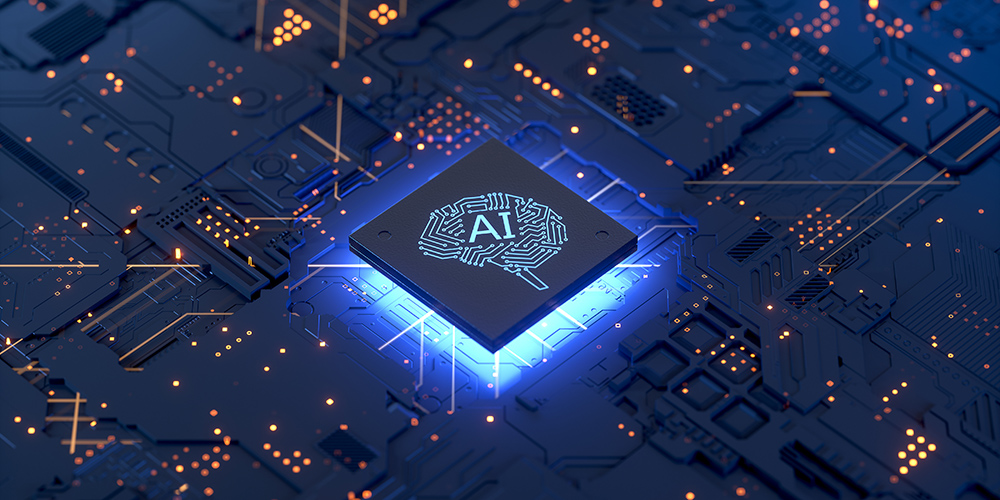Artificial Intelligence (AI) and its applications have the potential to radically improve business processes. Like all technologies, it comes with risks, too. Read on to learn more how small to medium-size businesses can leverage AI while mitigating the potential risks of this growing technology.
More and More Businesses Use Artificial Intelligence
Use of artificial intelligence is growing, and is only expected to increase. According to a report cited by a CompTIA article, the market for AI is expected to grow by 38.1% each year until 2030–from 2022’s market of $119.7 billion. Tech and financial services are the industry sectors using it most, with telecommunications at 5%. Customer satisfaction for companies using artificial intelligence is expected to grow by 25%. What makes AI such a draw, especially for small to medium-sized businesses?
Benefits of Artificial Intelligence
Artificial intelligence can be used for business processes like automated chat, or to analyze great amounts of data in a way more time- and labor-saving than humans can. For smaller companies, having automated processes can free up a smaller staff from performing mundane tasks. Businesses can use AI to get customer feedback to change course in product/service offerings if needed. Automation by AI can even help with cybersecurity by detecting patterns and even anomalies in the sea of data generated by businesses–perhaps stopping a cyberattack in its tracks. Artificial intelligence can also be taught to shut down affected systems and isolate the threat. In terms of saving costs, businesses can allow automated chat to handle simple and quick customer service queries, allowing workers to focus on more complex issues. Moreover, your business may be seen as proactive and responsive, giving it a competitive edge.
Possible Risks of Using Artificial Intelligence
The benefits are apparent, but so are the risks. A substantial percentage (62%) of McKinsey
Respondents named cybersecurity as the biggest risk. Systems using AI can be hacked and data stolen or manipulated, because of the autonomy of these systems. Use of AI to analyze data can expose that data to loss or theft. Other concerns are whether the decisions AI makes are trustworthy as far as accuracy (explainability–how did the machine arrive at the result it did?) and that the results are as free of bias as possible. Compliance is another risk–does the system handle data in the way that complies with industry regulations. Artificial intelligence, even with its abundant promise, still needs to have a strong framework of policies and procedures for maintaining security and privacy.
Artificial intelligence can provide many benefits to small and medium-sized businesses, as well as bring up questions about safety and privacy. For further information, contact your trusted technology advisor today.

